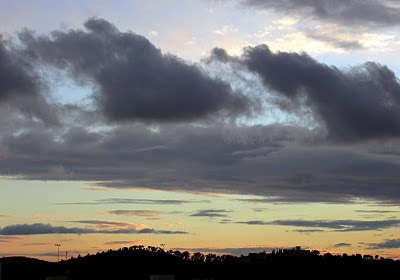Pesach, Particle Physics, and Regular People

It is that time again... Pesach! And that means searching, uncovering, removing, and the elevating of each little moment in life from the past year. Because I am a regular person, just like everyone else, I can’t remember every single moment of fluff and hot air that I stuck under my hat, I am just going to do what the other regular people do... search around until I find some Chumetz (that hot air filled fluffy risen bread like stuff that makes me think I am really something special in the world) and obliterate it with a passion! In the big scheme of things, the Chumetz that we are supposed to uncover, we will inevitably be able to find. Hashem only tests us as far as we can handle it, so we never find something too large to deal with. This idea reminds me of when I was just a little tike and me and all the neighborhood kids (picture The Little Rascals with skateboards) built a double-decker fort in the backyard. We styled it out with rock-n-roll posters (not quite triple-x, but close...



